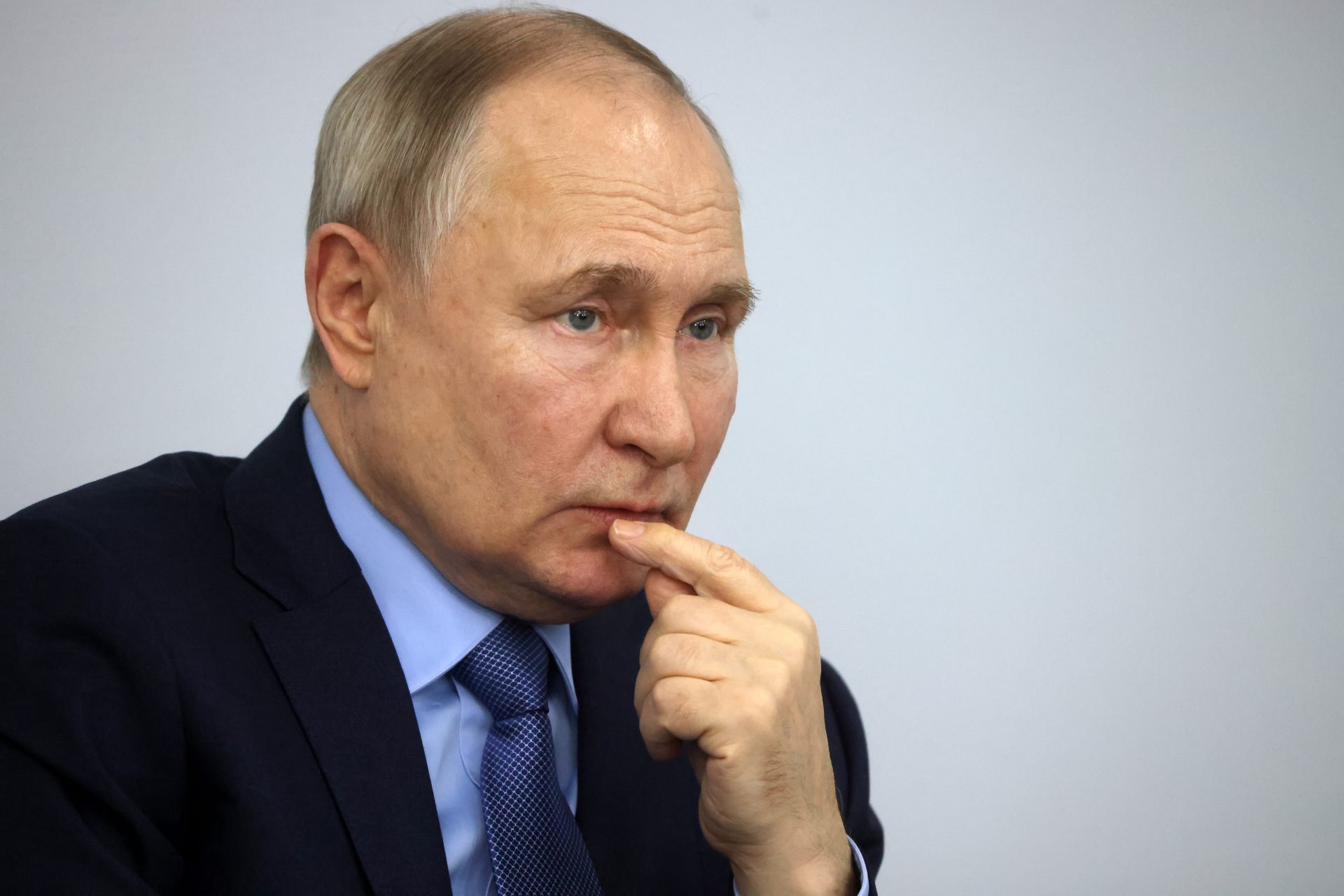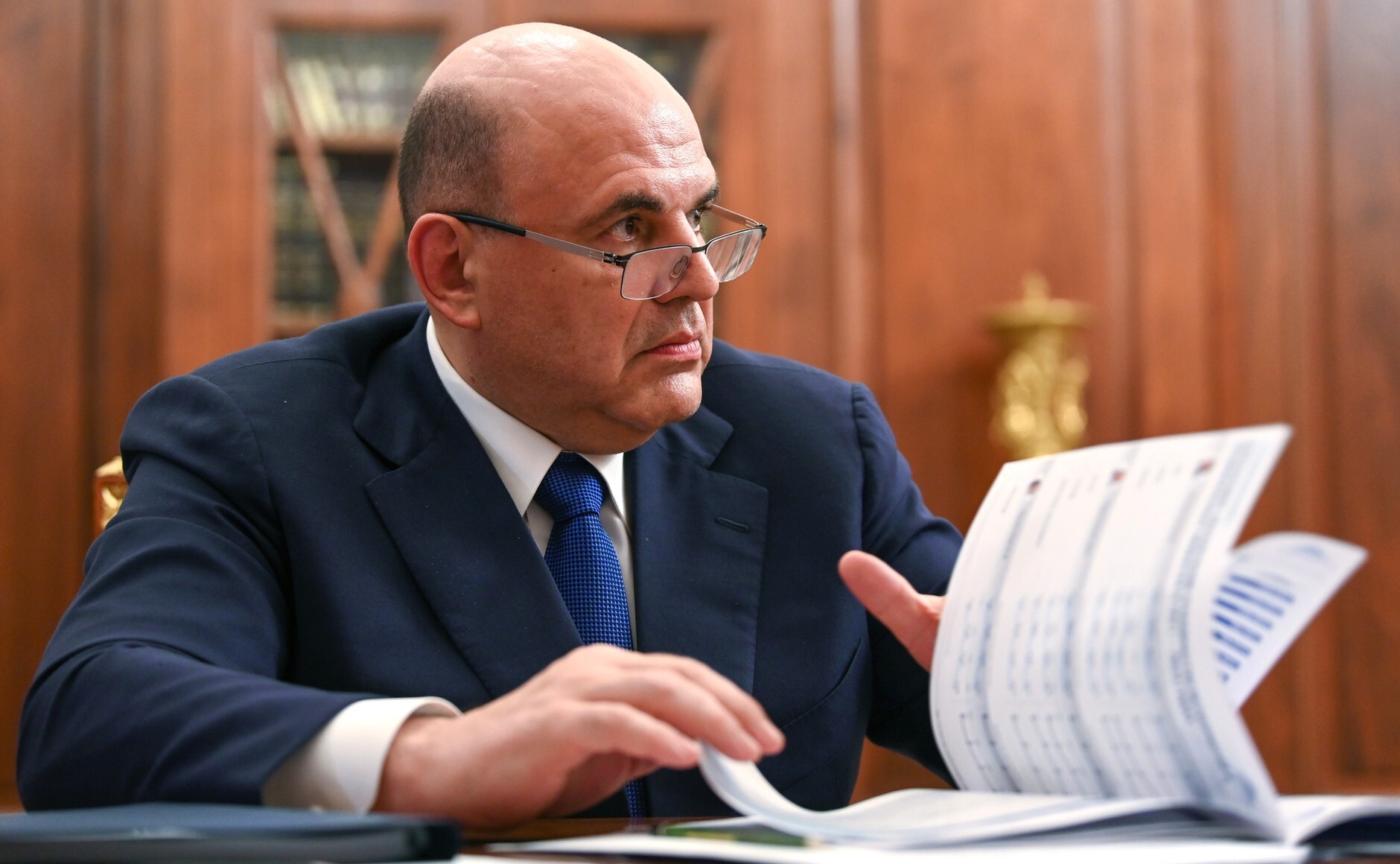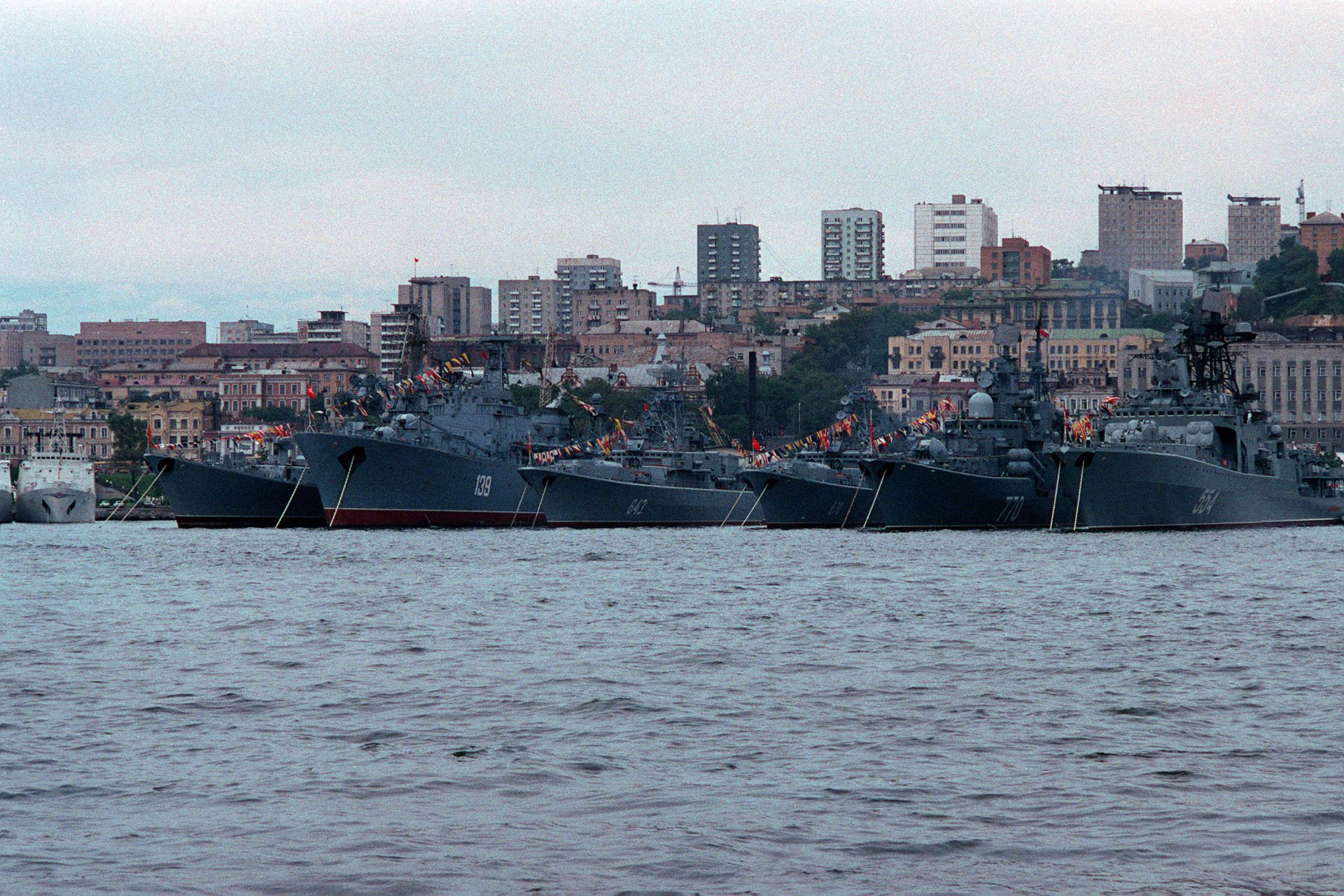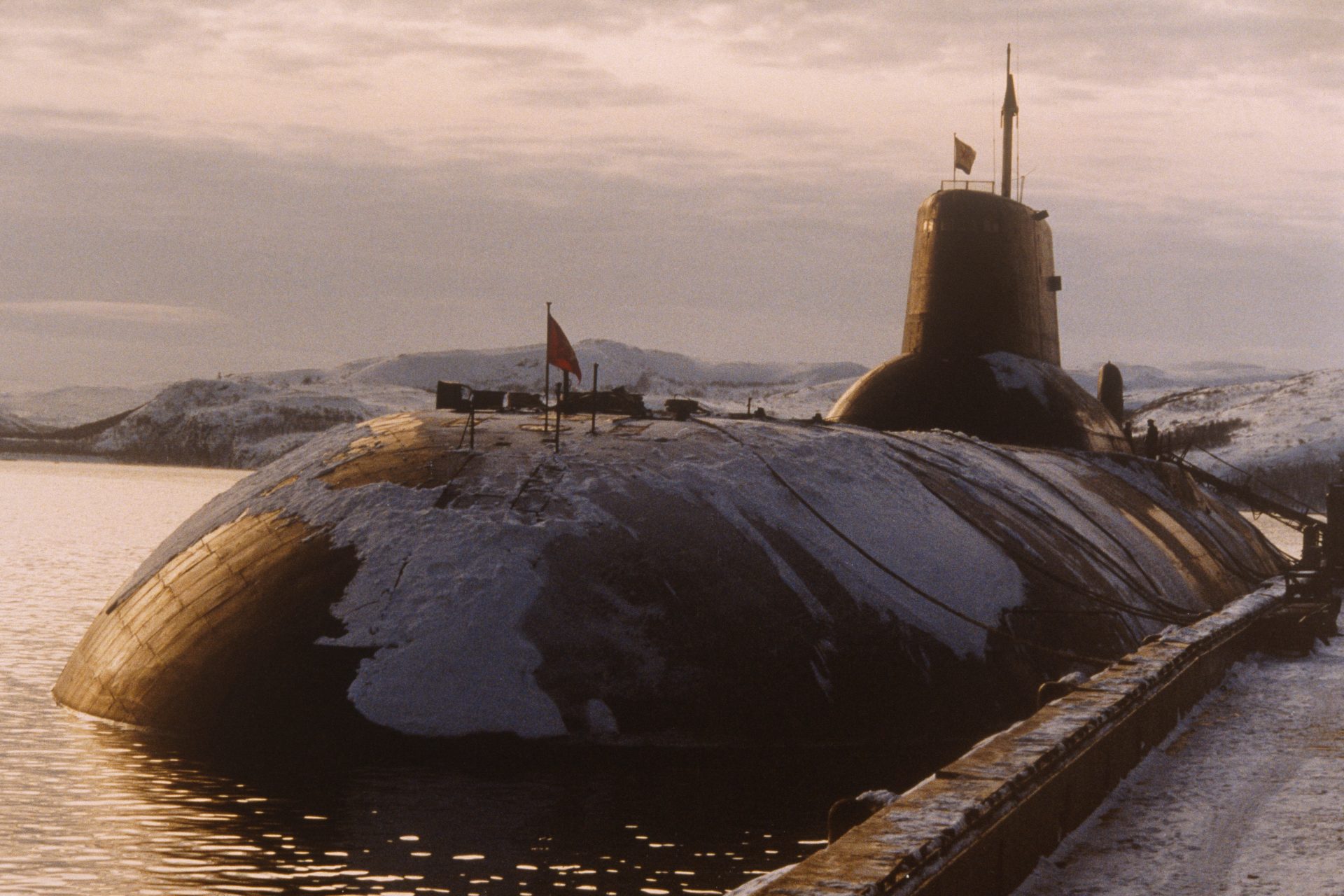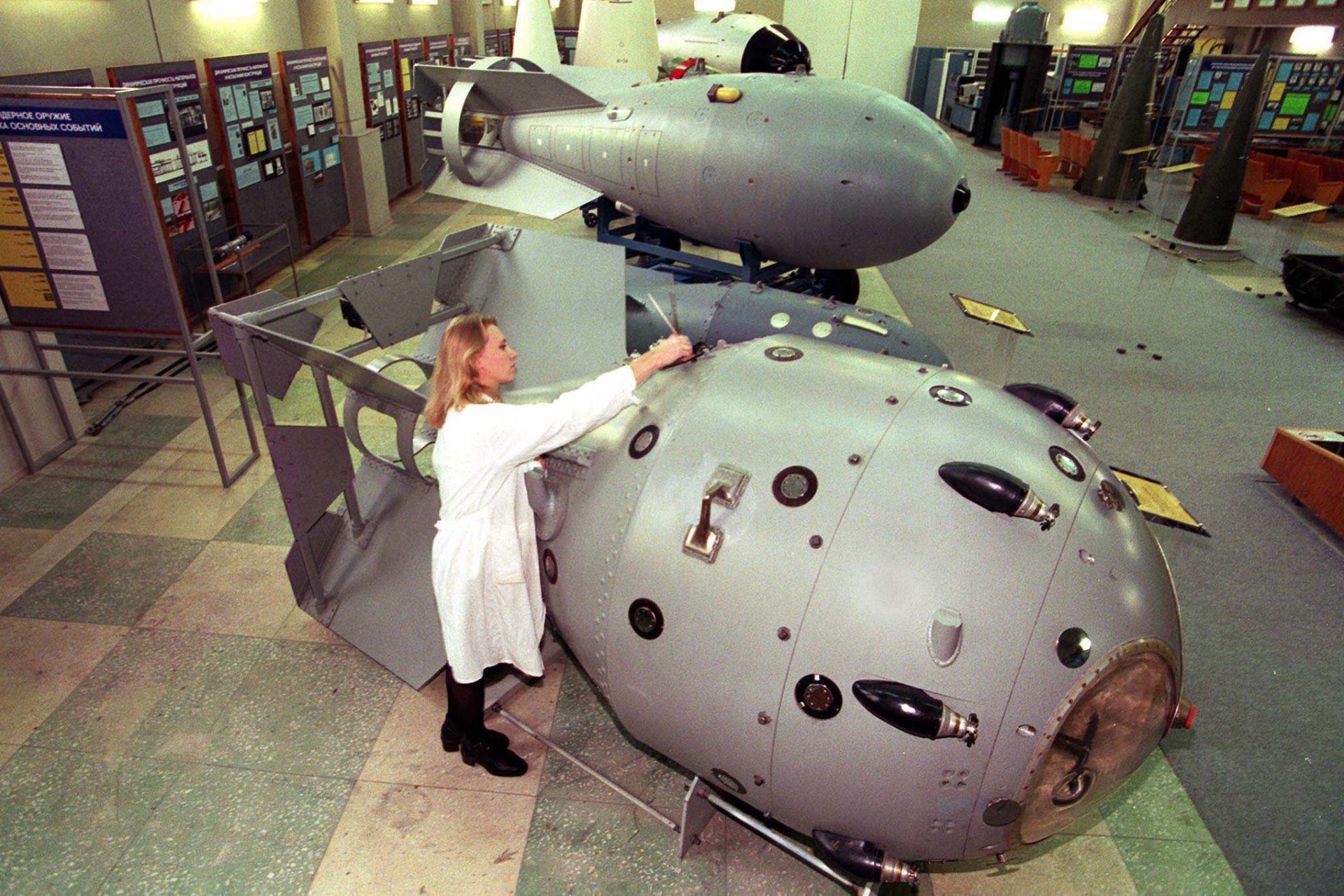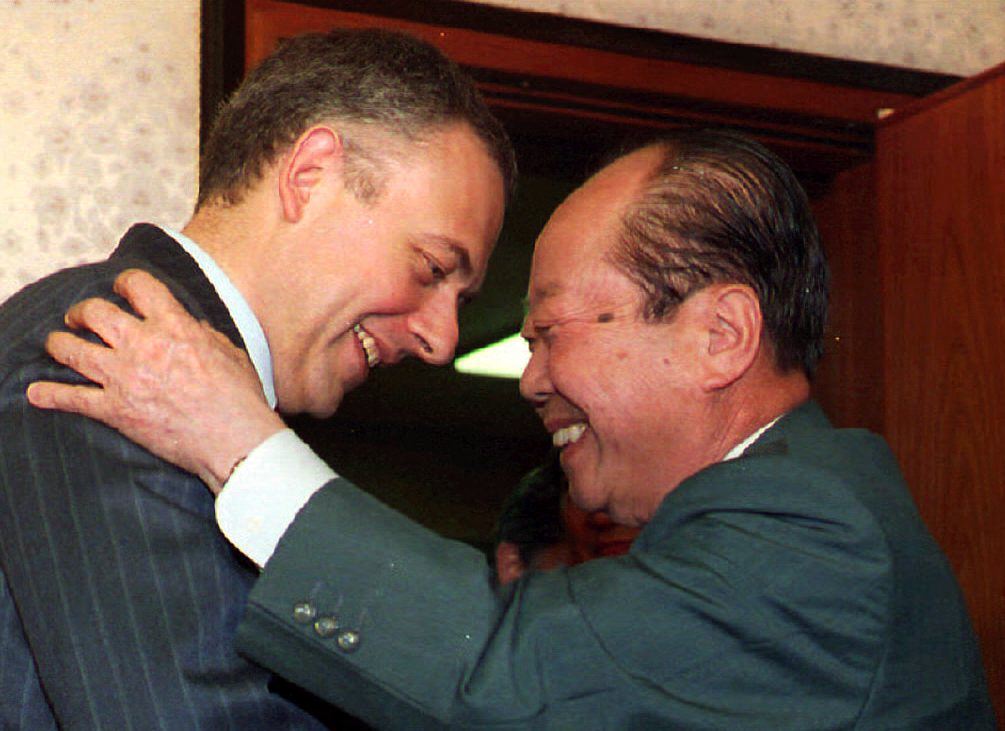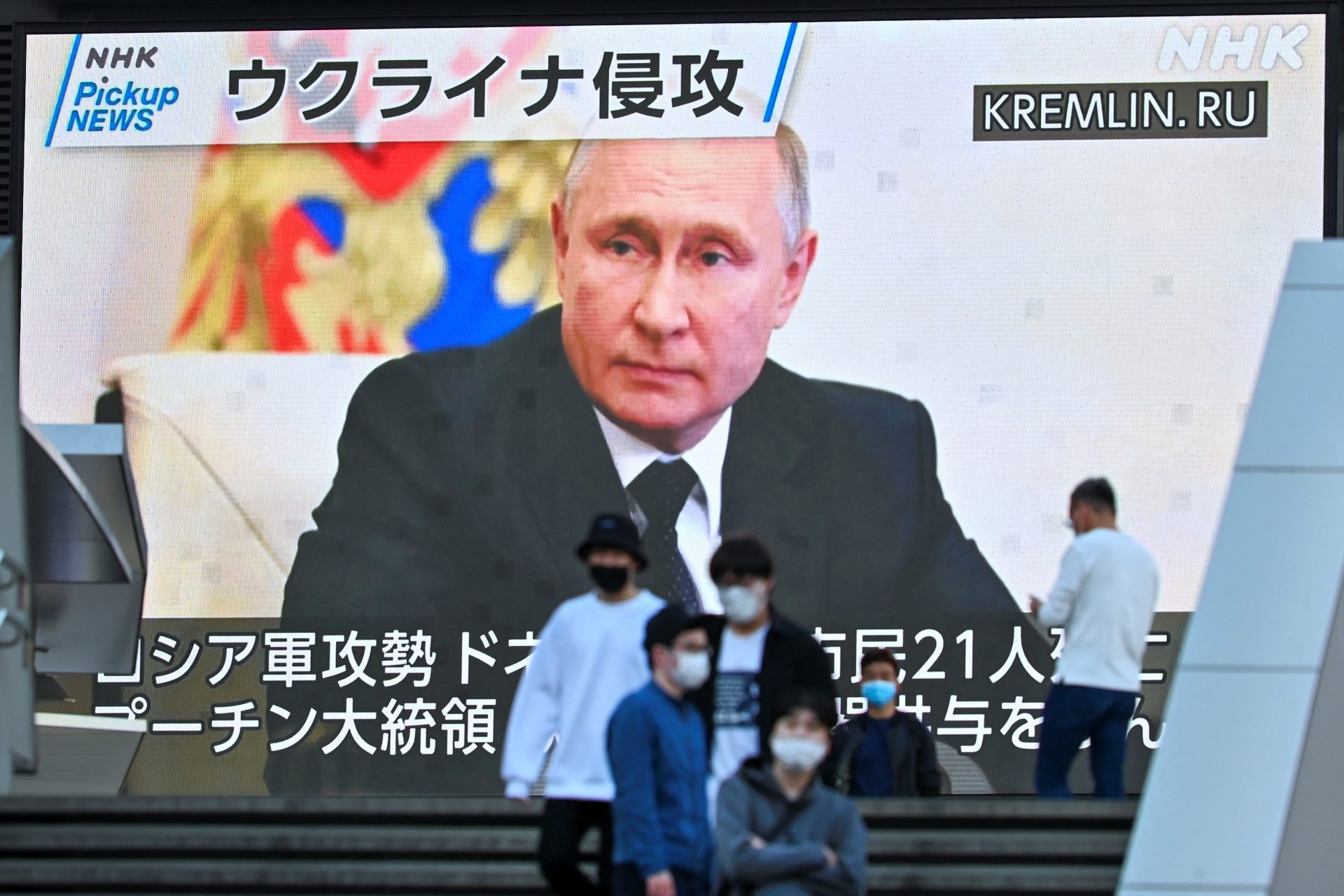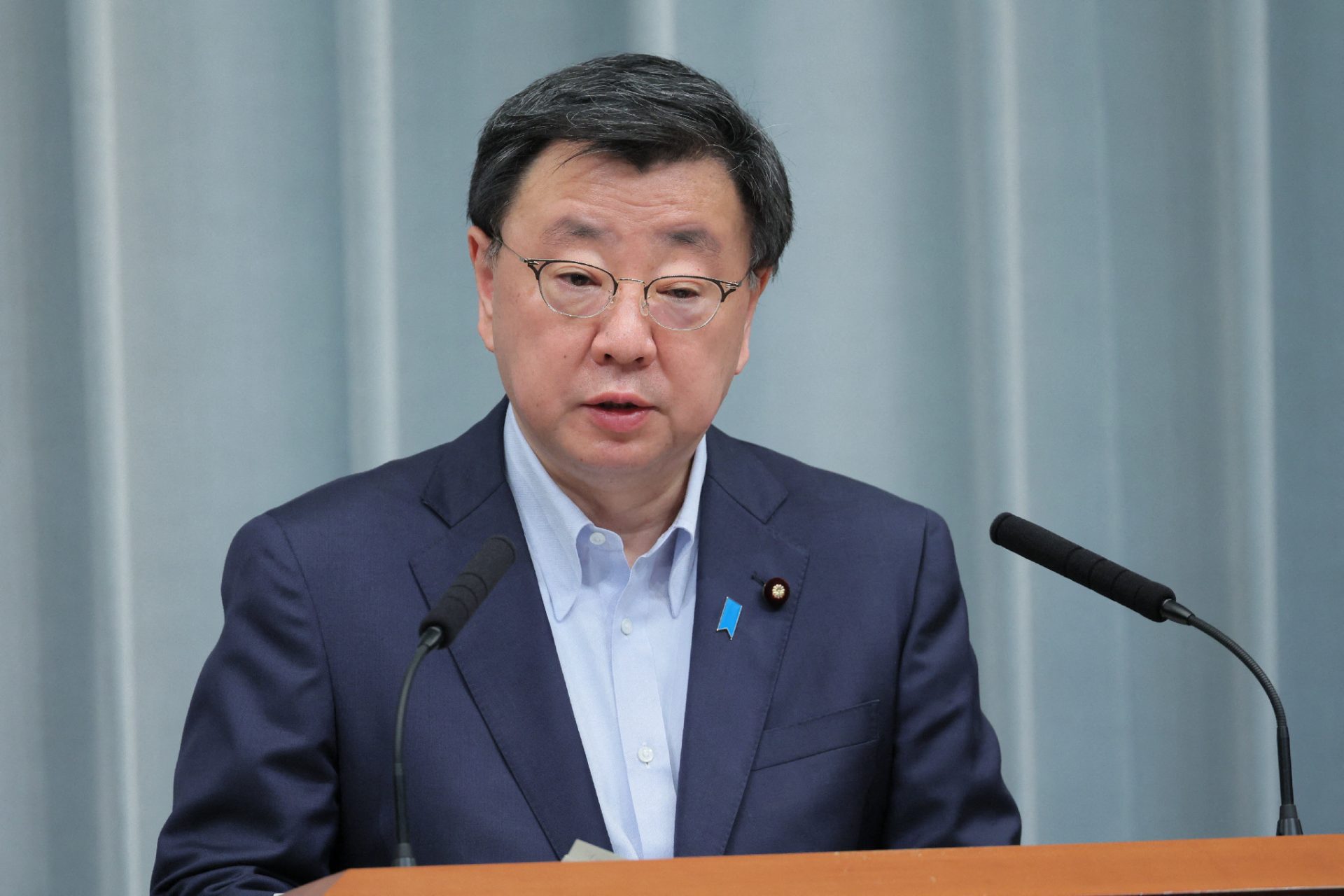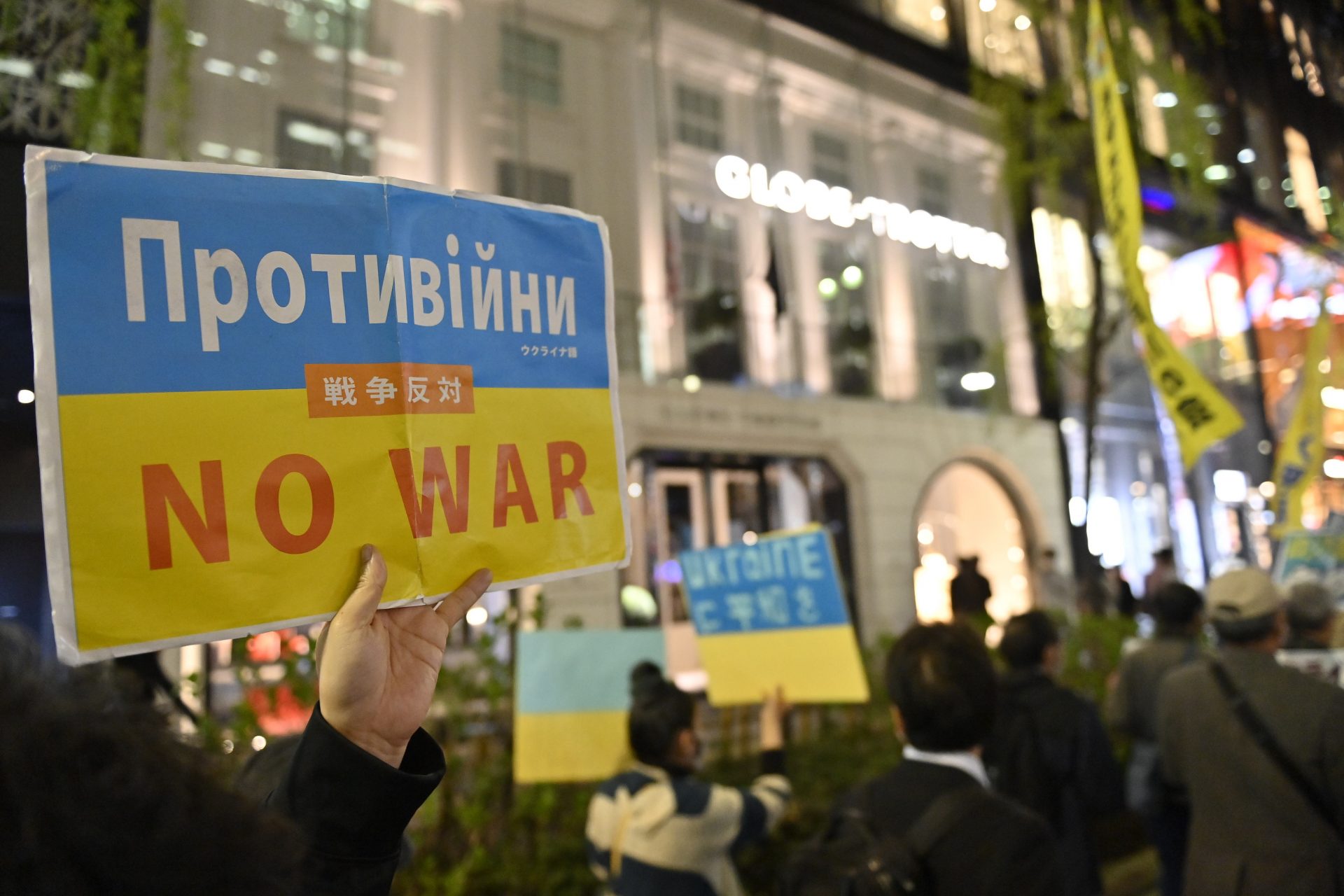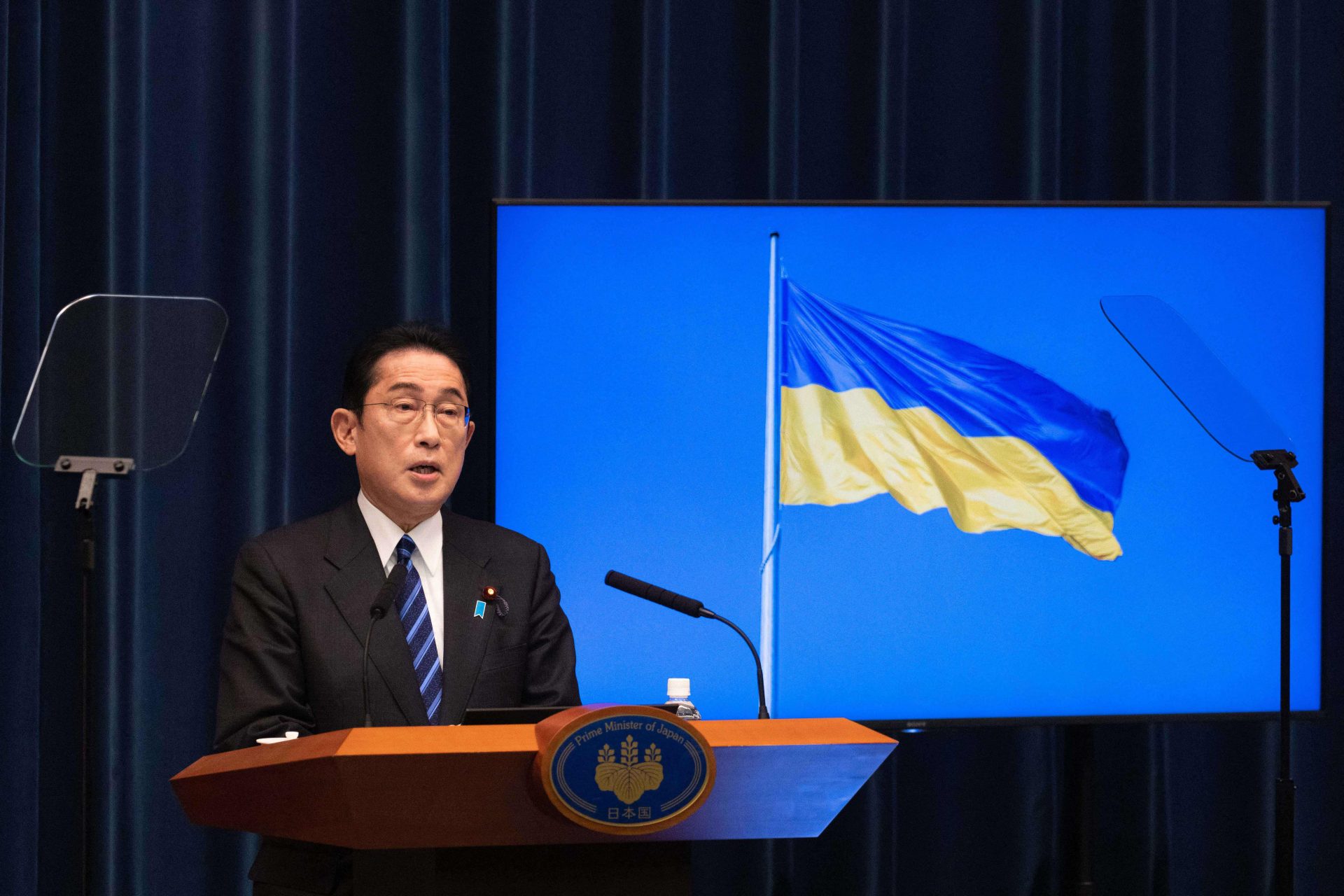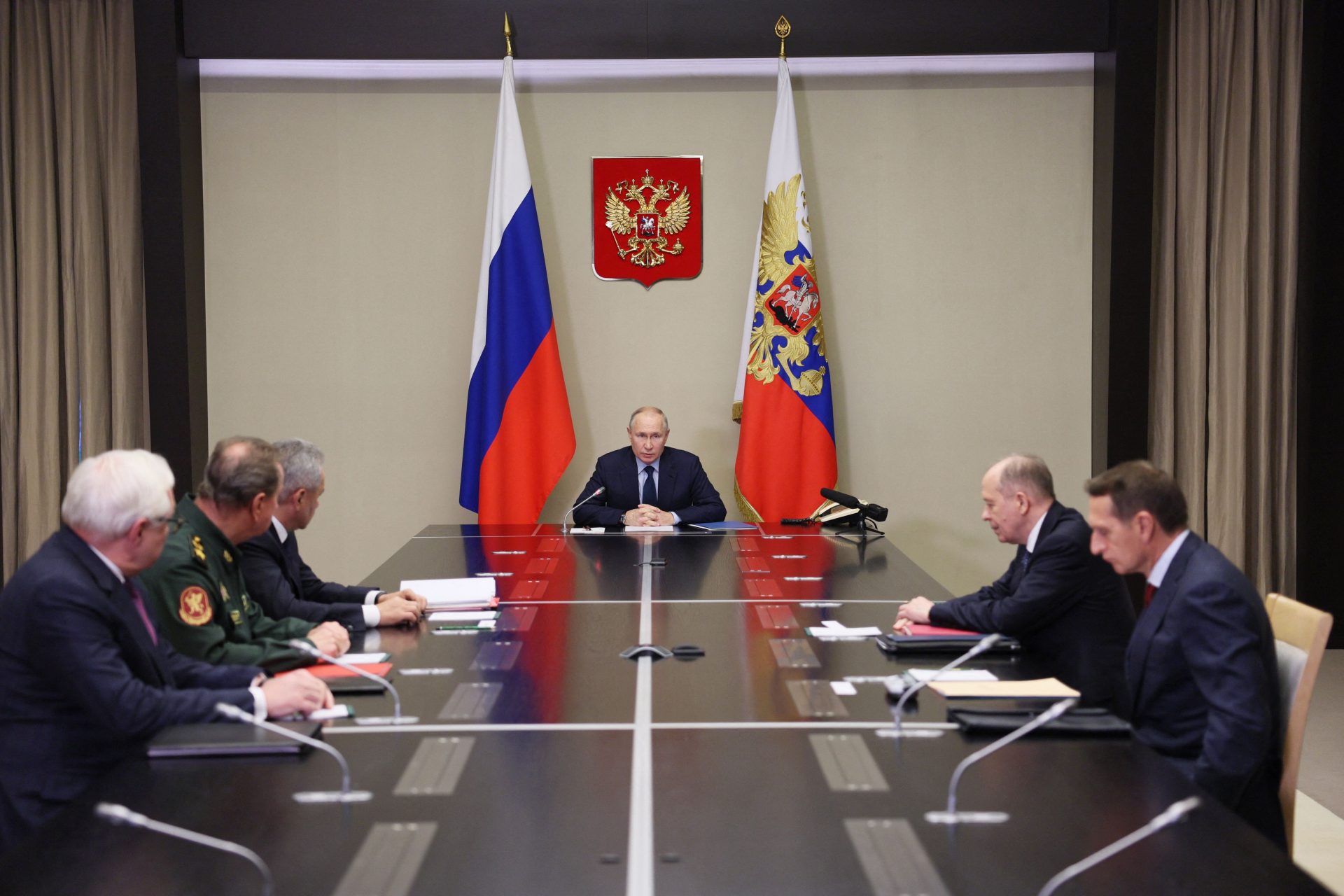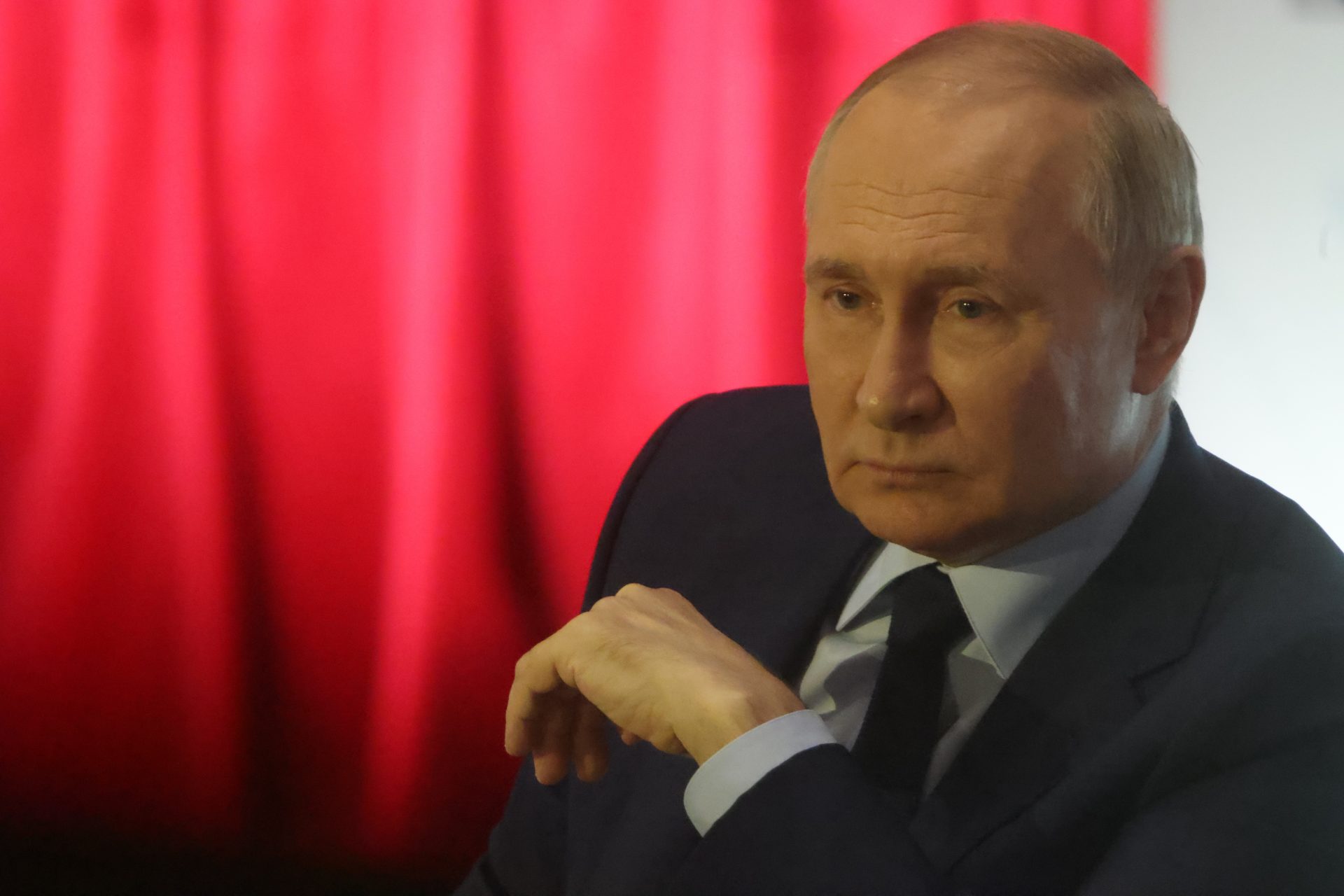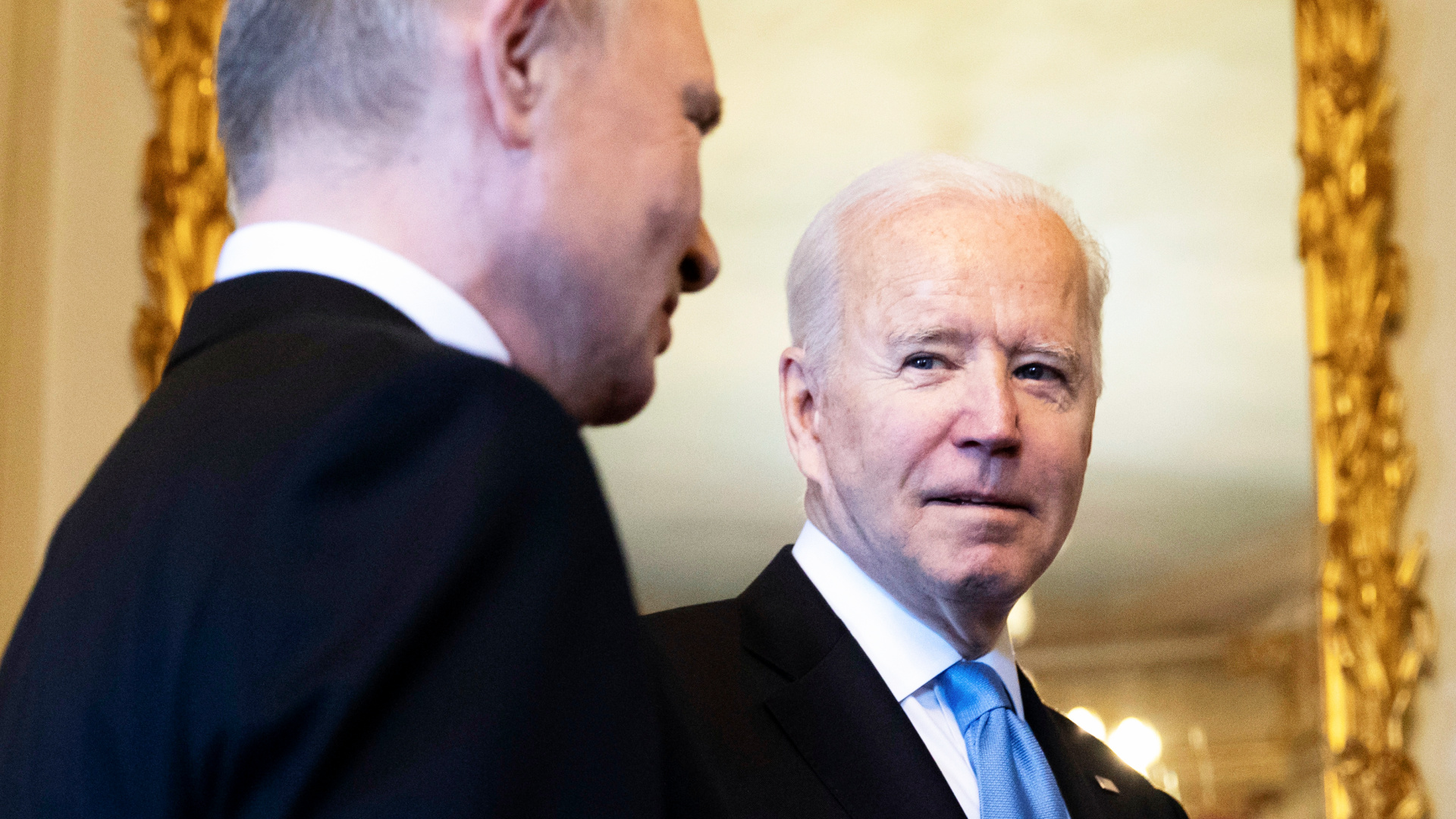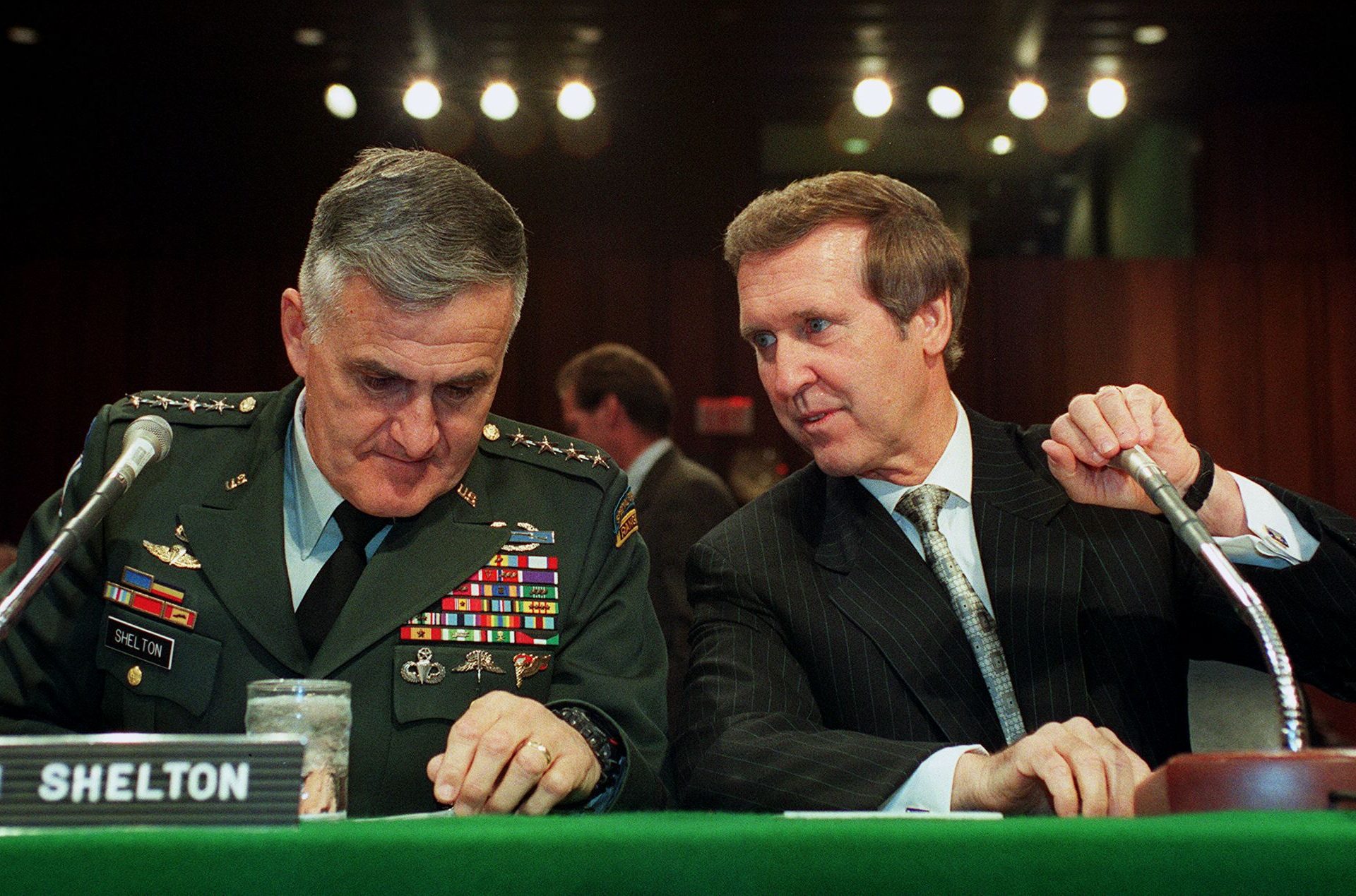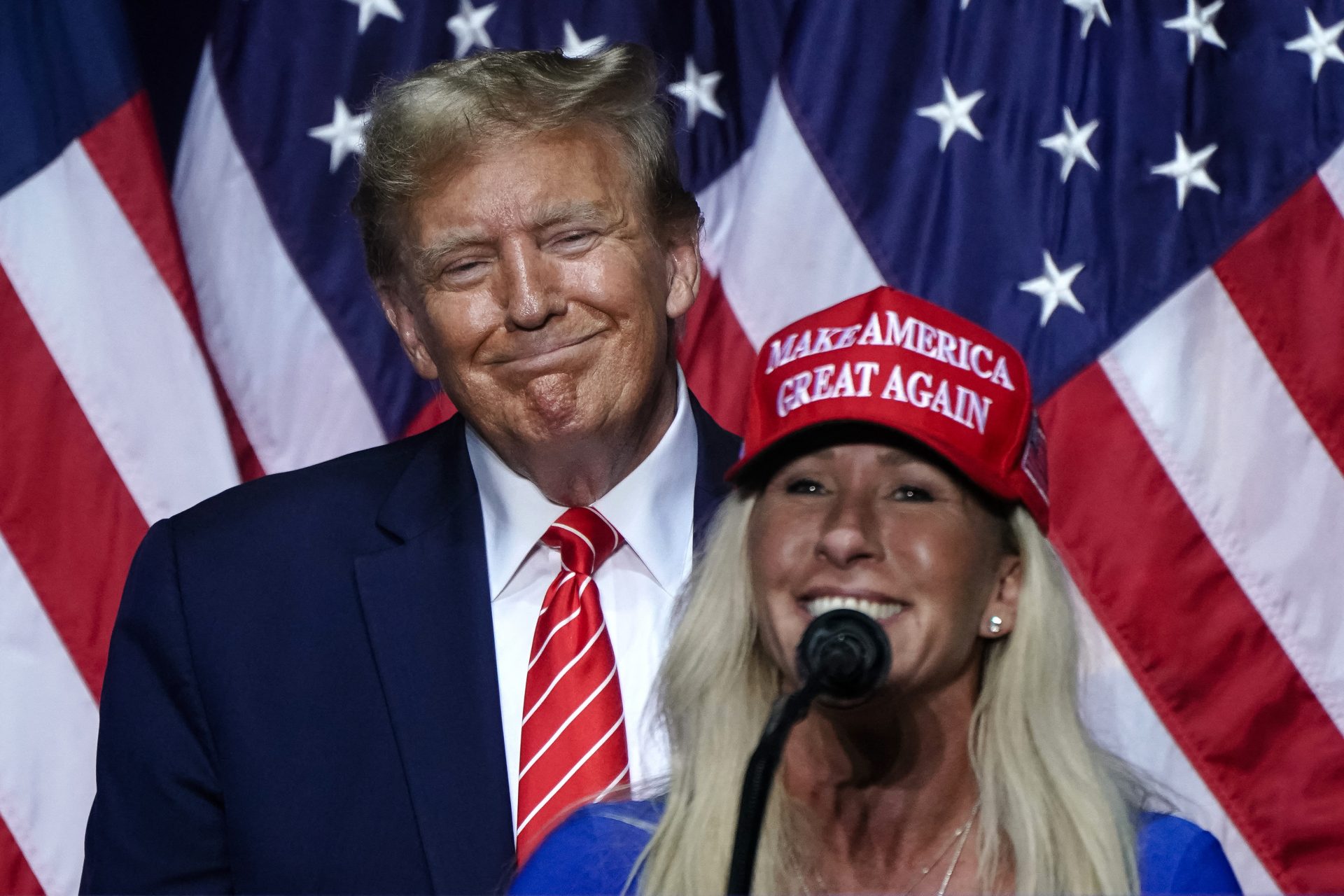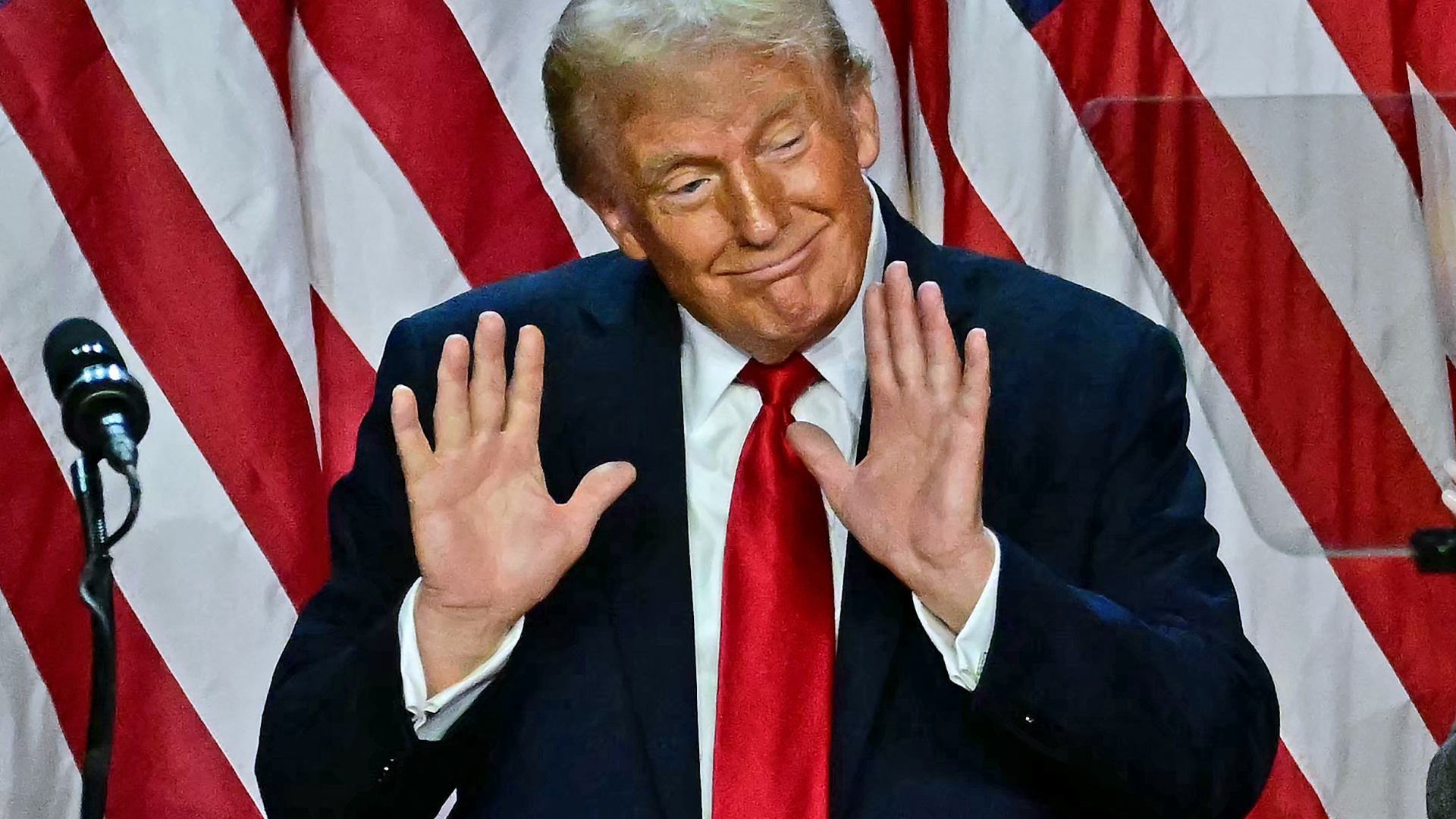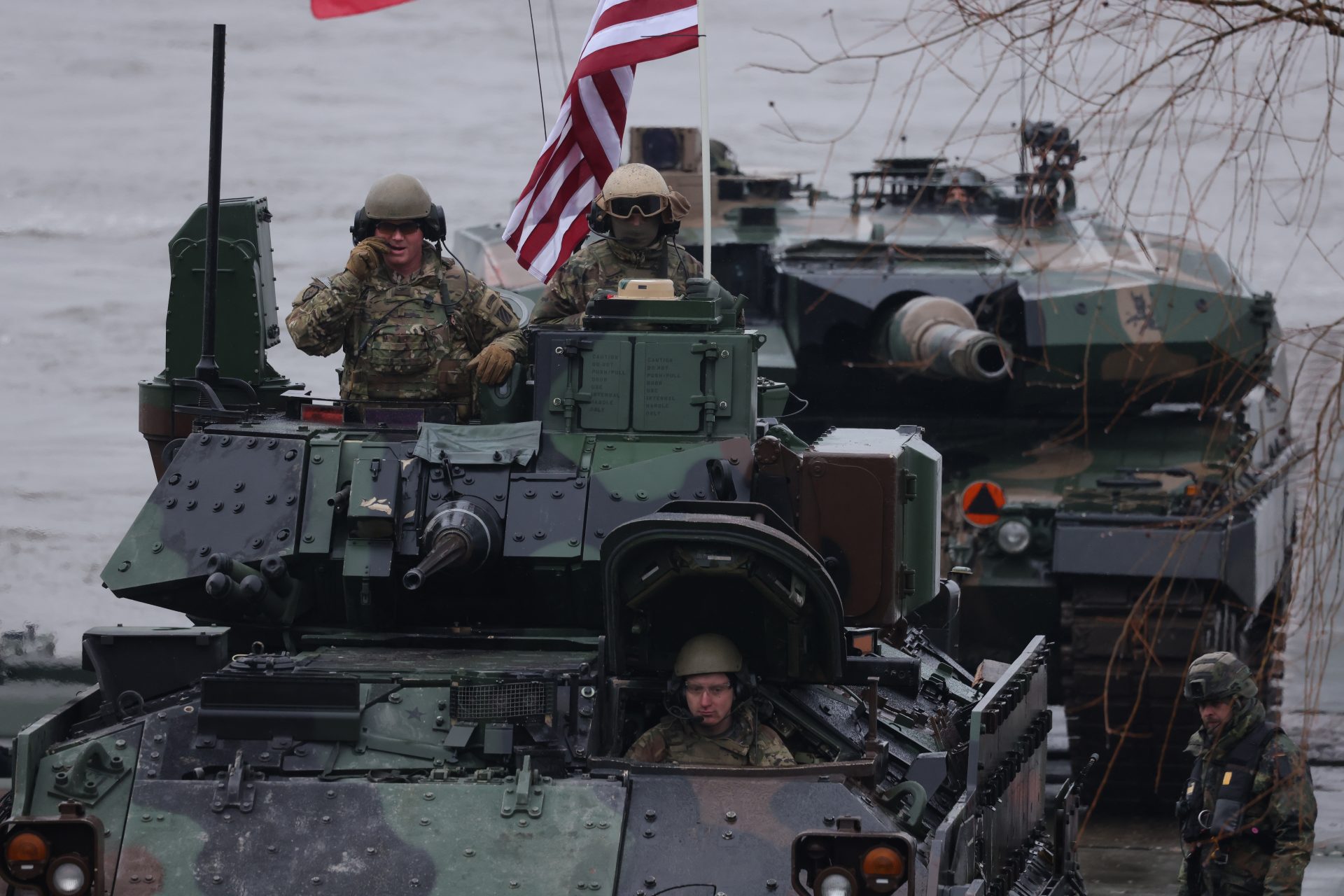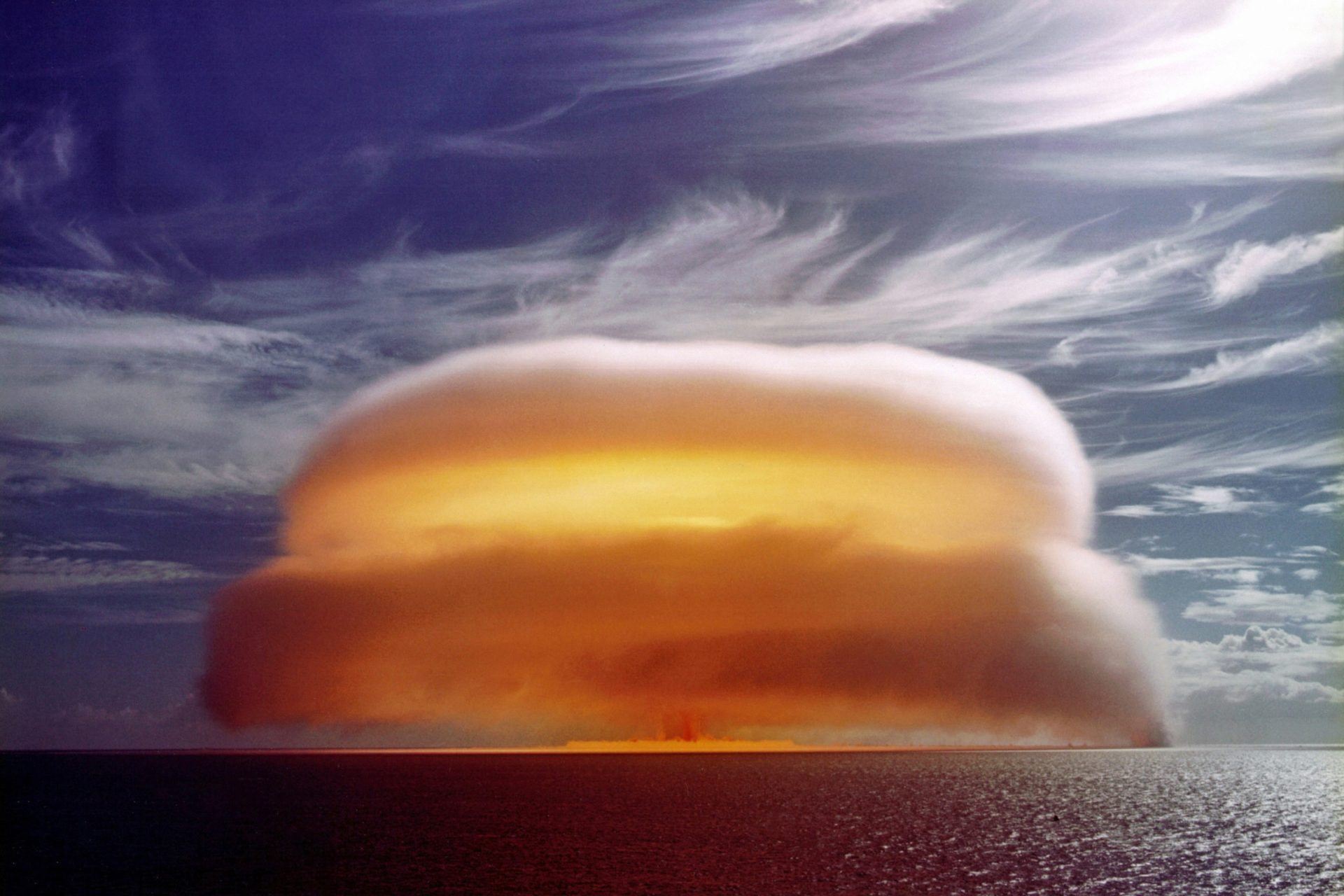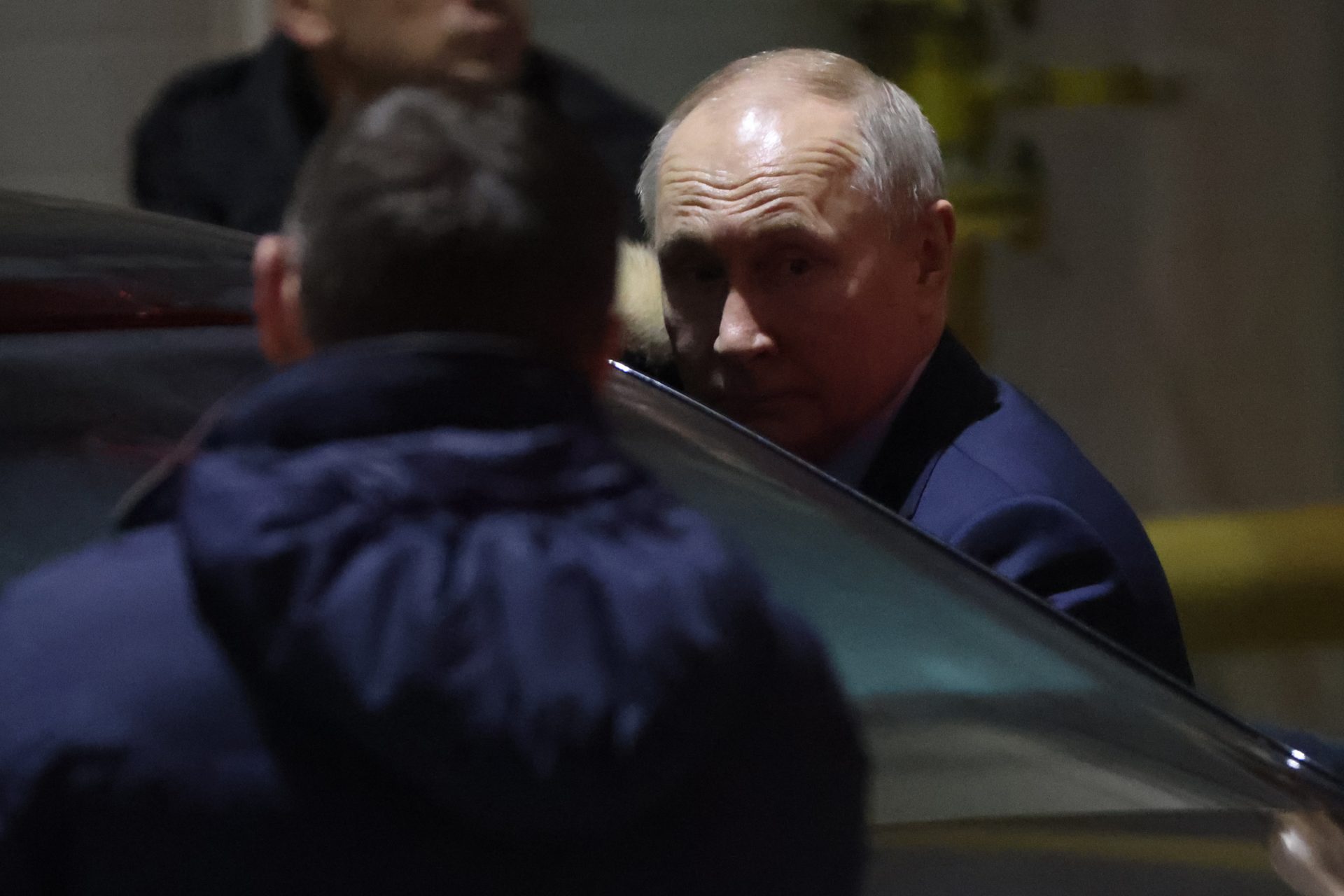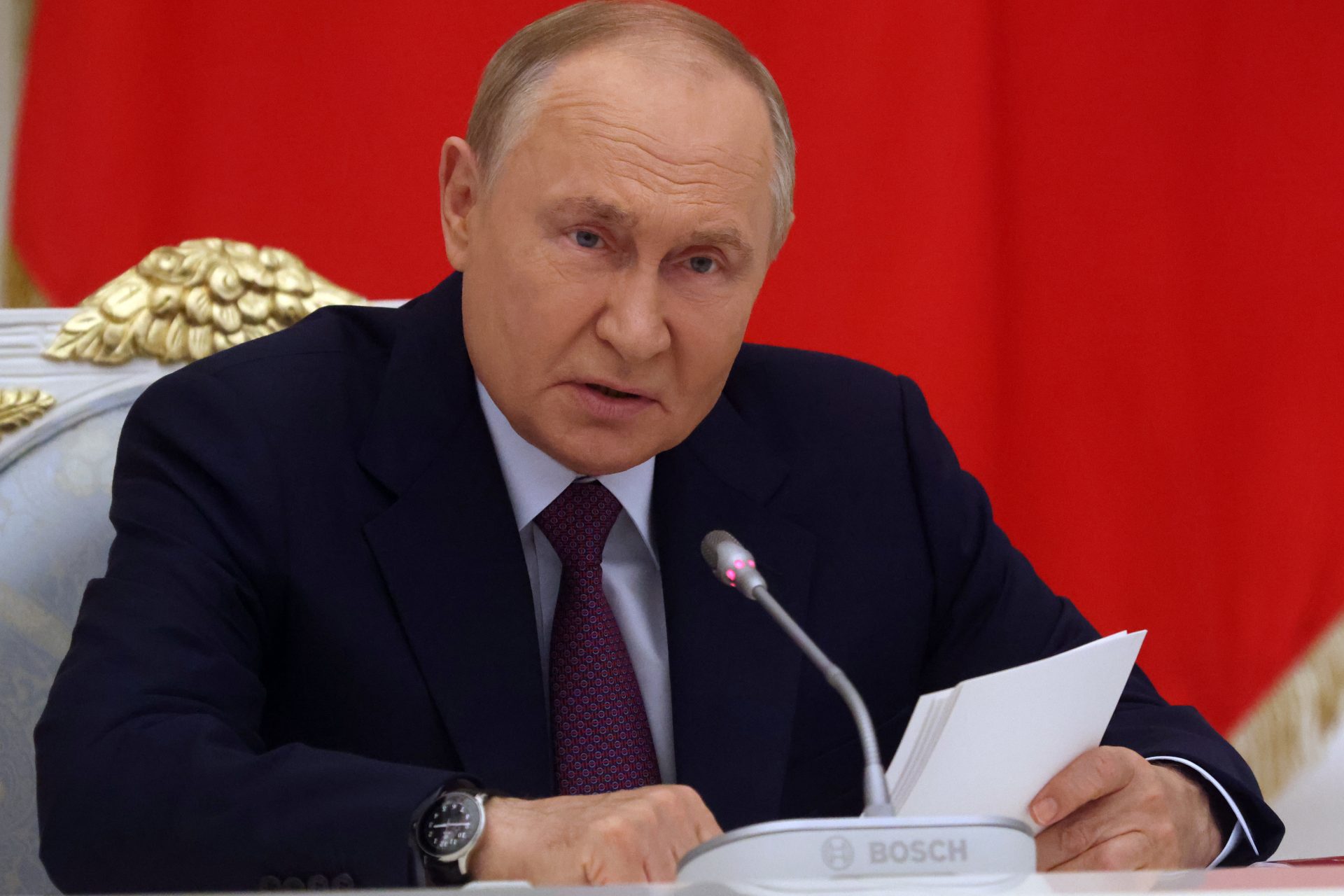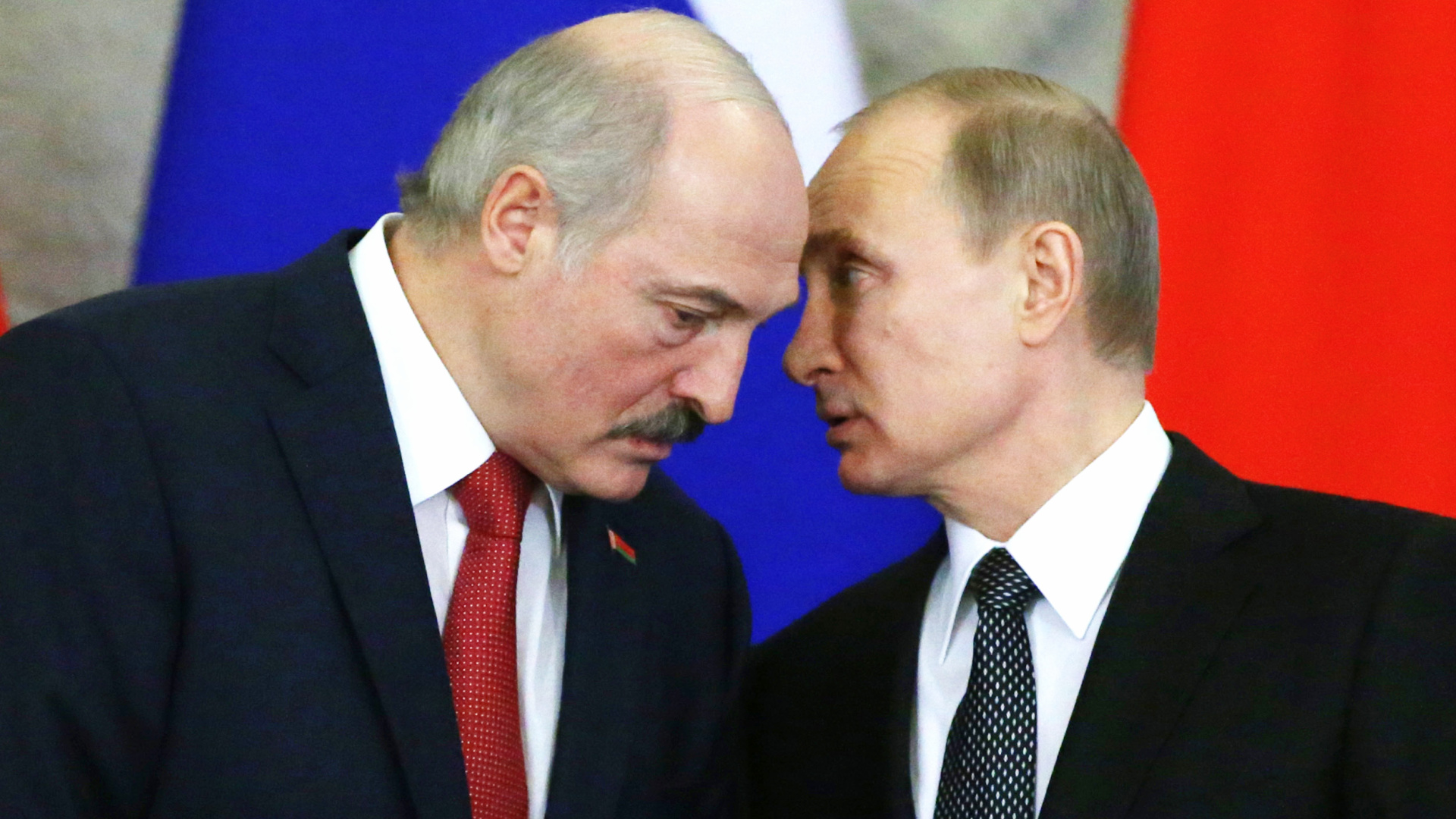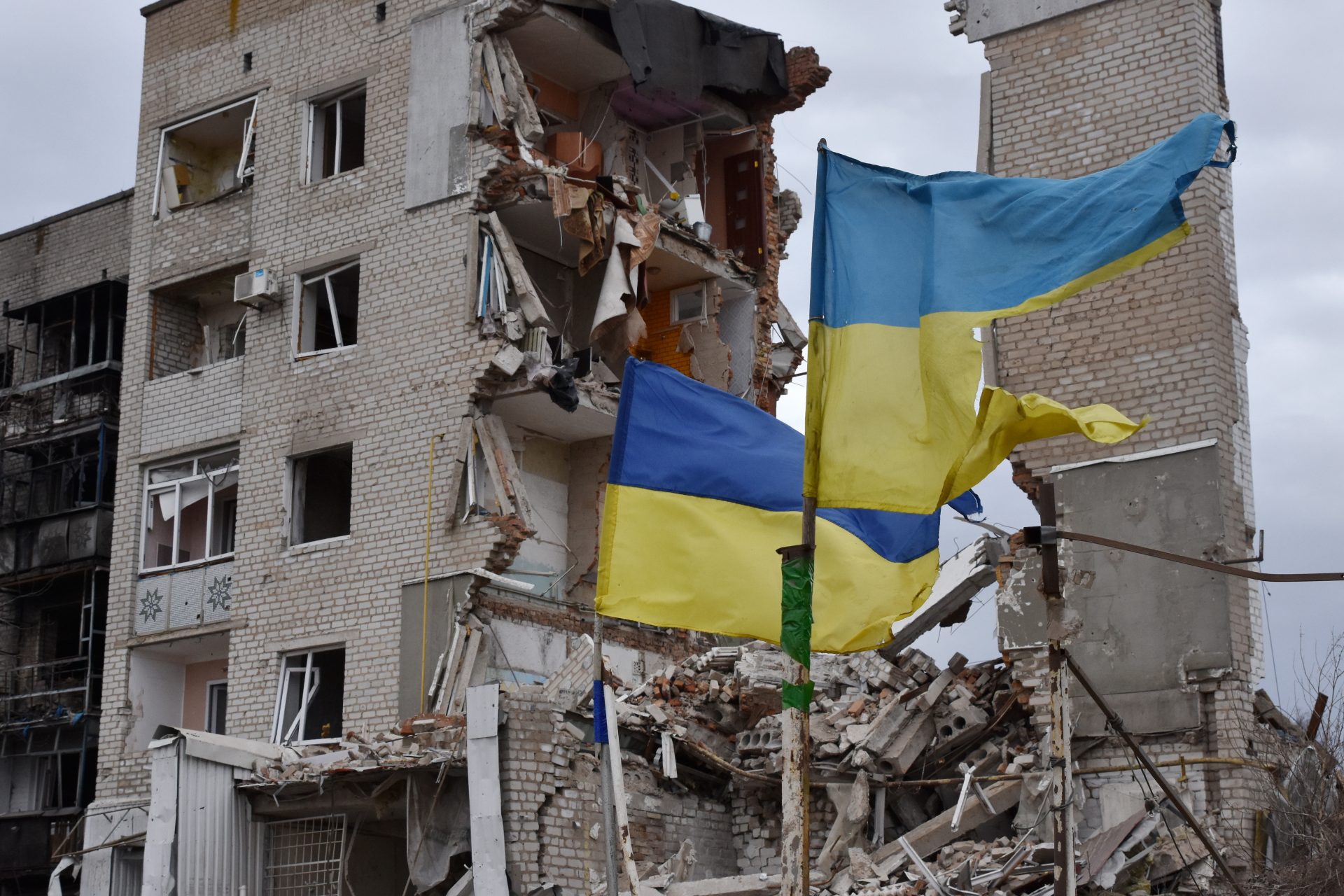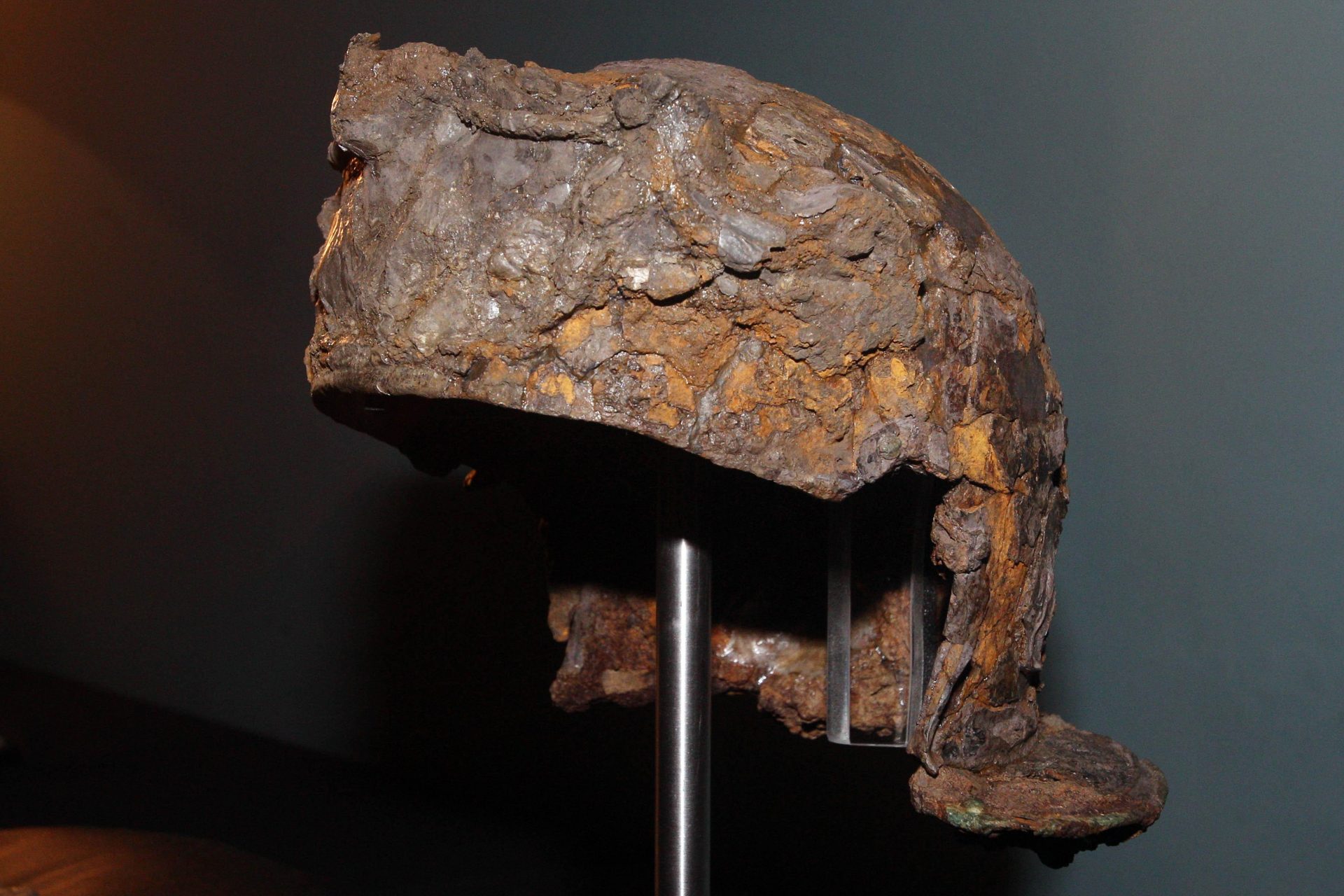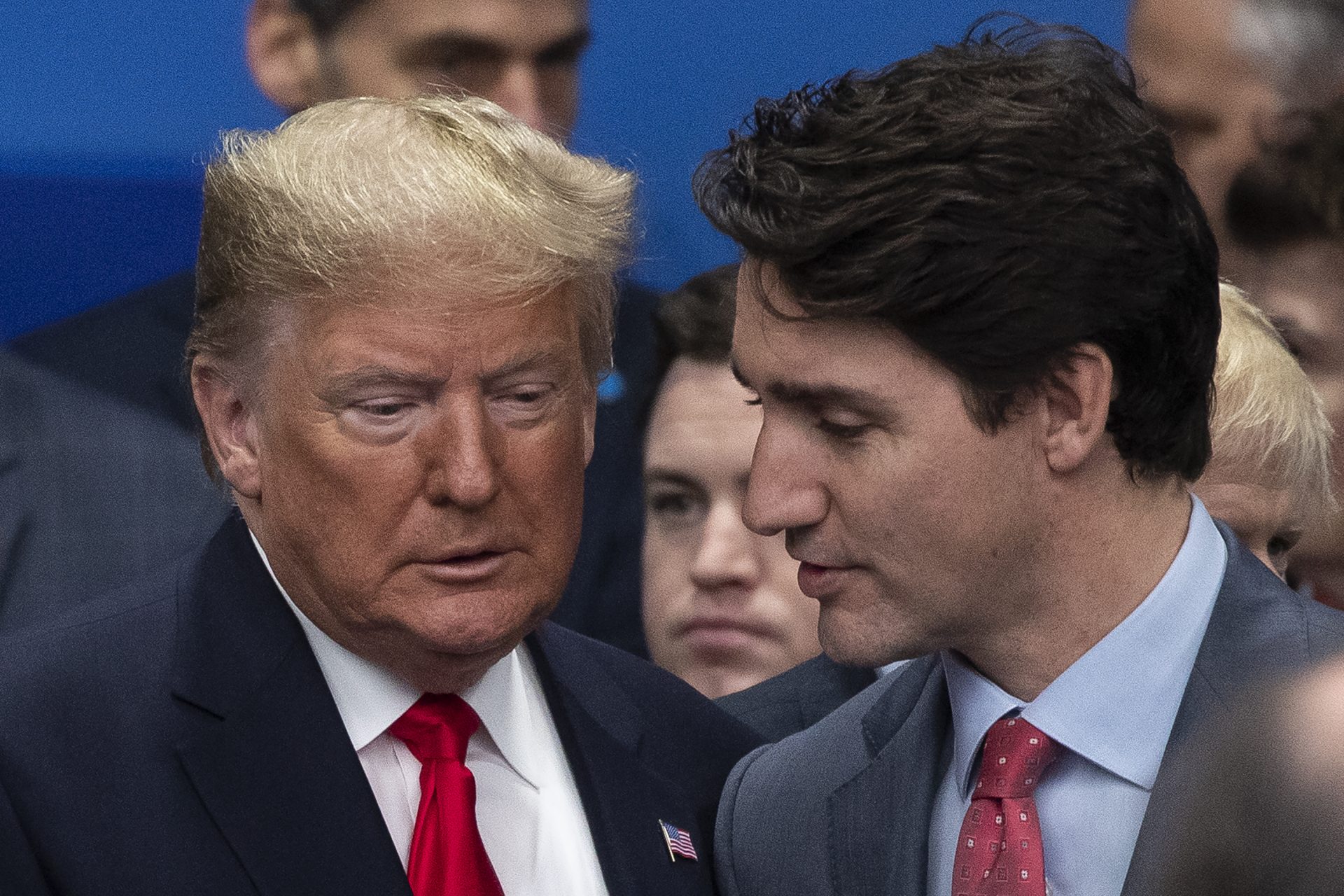Remembering Russia's sudden withdrawal from a key nuclear arms agreement
Russia pulled out of several nuclear arms control agreements over the course of 2023. But while Vladimir Putin's revoking Russian ratification of the Comprehensive Nuclear Test Ban Treaty made big headlines in November of that year, Russia also ended another nuclear treaty that was just as important for some.
On November 9th, Russian Prime Minister Mikhail Mishustin signed an order that ended a decades-old nuclear control agreement between Russia and Japan, one that aimed to safely contain and reduce Moscow's nuclear stockpiles.
Signed October, 13th, 1993, the agreement outlined how Japan would go about helping Russia decommission its nuclear weapons after Moscow had dumped radioactive waste in the Sea of Japan, The Japan Times reported.
Photo Credit: Wiki Commons By US gov
Reuters reported the agreement stopped Russia’s Pacific Fleet from dumping nuclear waste into the ocean in return for help with safely burying that waste on land. Tokyo also assisted in the decommissioning of nuclear weapons, including dismantling submarines.
The Russian News Agency (TASS) explained: “The aim of the agreement was to assist in the safe elimination of nuclear weapons that Moscow was to reduce under bilateral or multilateral treaties, as well as its own unilateral decisions.”
“A special committee was set up for this purpose—within its framework Moscow and Tokyo identified priority areas for such cooperation, exchanged information and results of research, as well as developed specific cooperation programs,” TASS continued.
However, work on the safe decommissioning of nuclear weapons stalled in recent years according to The Japan Times, and Russia also refused to send military data to Japan, which was likely due to the countries’ strained relations.
On November 10th, Japanese Chief Cabinet Secretary Hirokazu Matsuno commented on Moscow's move to withdraw from the agreement, saying it was “regrettable” that Russia “unilaterally announced the suspension of the pact without notification in advance.”
Russia’s withdrawal from the agreement was just another in a series of moves by Moscow aimed at reducing cooperation with Japan as relations between them have worsened from the Russian invasion of Ukraine in February 2022.
Moscow halted negotiations over a post-World War II peace treaty with Japan in March of 2022 according to the Washington Post, and the Japan Times added that Russia also withdrew from joint economic activities on islands the Japanese government have claims over.
TASS reported that no reason for the sudden withdrawal from the nuclear agreement with Japan was given by Moscow but noted the Russian Foreign Ministry was instructed to inform the Japanese government of the decision.
The Russian withdrawal from its nuclear cooperation agreement with Japan came just days after President Putin signed an order that revoked Russia’s ratification of the Comprehensive Nuclear Test Ban Treaty (CTBT).
“The move, though expected, is evidence of the deep chill between the United States and Russia, whose ties are at their lowest level since the 1962 Cuban missile crisis over the war in Ukraine,” wrote Reuters’ Andrew Osborn.
Russia described its position on removing the country's ratification of the CTBT as one that would bring Moscow’s nuclear policy in line with that of the United States. The U.S. Congress never ratified the treaty after it was signed.
However, U.S. Secretary of State Antony Blinken responded to the move, saying that it would “only serve to set back confidence in the international arms control regime.” But this may be what Russia wanted in the long run.
Moscow has been slowly decoupling itself from the international nuclear control regime ever since it launched its invasion of Ukraine as a response to Western support for Kyiv, a tactic Putin has used throughout the conflict to frighten Ukraine's Western allies.
More for you
Top Stories



